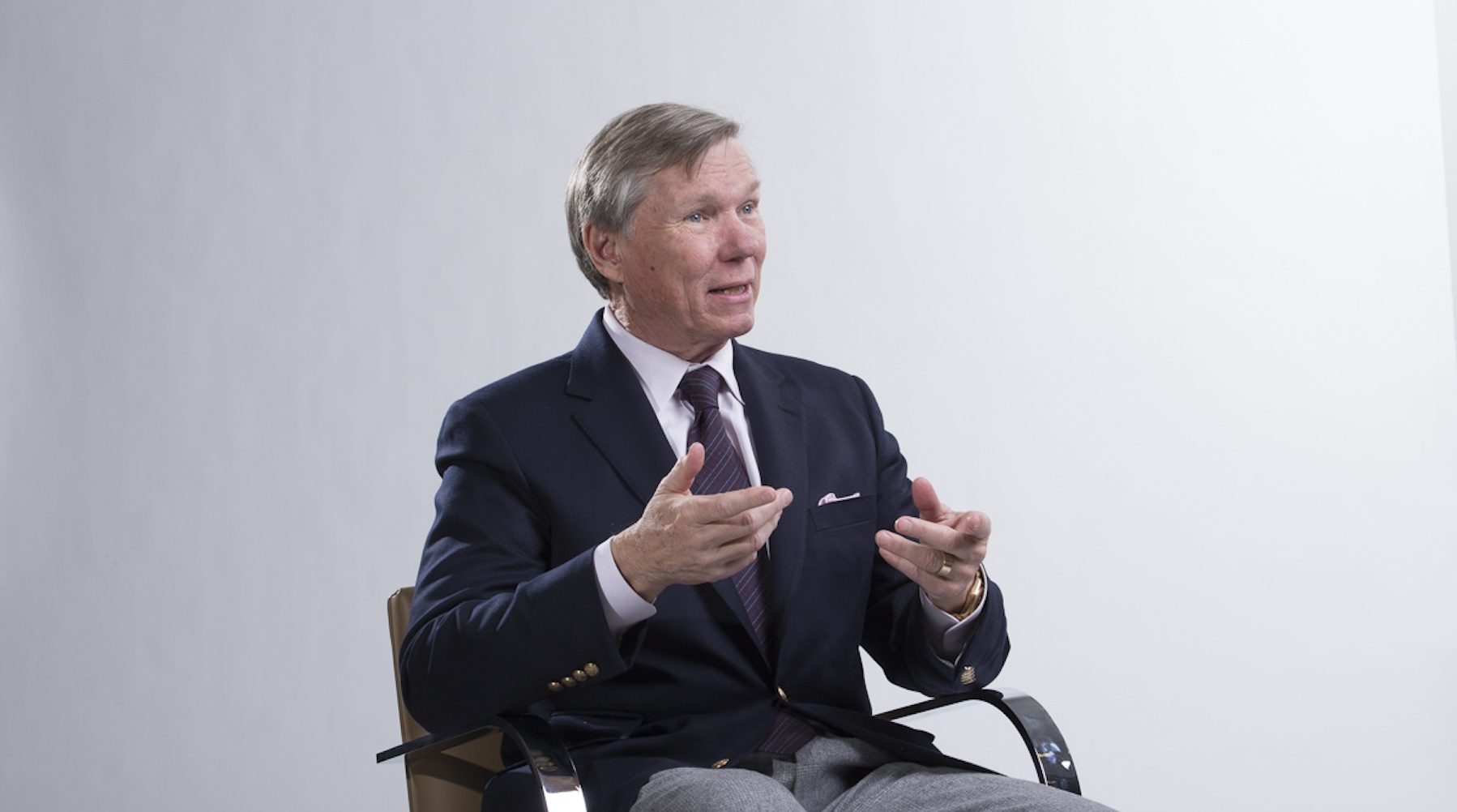It’s probably happened to you by now. You’ve been walking somewhere, maybe a park or street, and someone approaches from the other direction. As you get closer, the person – who, perhaps, had a mask on their chin – pulls their mask on.
Or, perhaps, you’ve been the one who hastily donned the mask.
Either way, this is not a comfortable transaction. Neither person leaves the encounter feeling good.
The individual who pulls the mask on may have done so because they’re fearful of the other person’s germs. They might have masked up to protect the other person from their own germs. Or maybe it was a little bit of both.
Meanwhile, that other person also likely experiences negative emotions. First, they could feel shame at being perceived as unsafe. There also could be a sense of indignation (“I wasn’t anywhere close to you”) and, perhaps, even anger (“If you’re so worried, maybe you shouldn’t be out here!”).
The point here is not about who’s right or wrong. It’s about how this virus has begun to insinuate itself into every social interaction we have, even the most glancing ones. And it’s causing us to insinuate all sorts of negative things about each person we encounter.
This “insinuation anxiety,” as a professor at the University of Pennsylvania described the phenomenon in a recent article in Vox, is tearing at the fabric of our social interactions. And unless we can figure out a way to mitigate it, it also further threatens an economy that, on Thursday, revealed the latest scars of the pandemic: a 32.9 percent annualized contraction in gross domestic product and 1.43 million new jobless claims.
Let me illustrate with a story that Adam Cohen, OMRF’s general counsel, recently shared with me.
Recently, Adam stopped in to a bagel shop on the tail end of his morning errands. As he and his girlfriend, Mary, stood in line (where spots were marked by pieces of tape spaced six feet or so apart), a man behind them edged within a few feet of Mary.
Mary took a few steps forward, but the man moved closer. Mary inched forward again, grimacing in consternation. But the man – intent on craning his neck to survey the many varieties of bagels housed behind the counter – only drew nearer, until his face was within a foot or two of Mary’s.
So, Mary and Adam faced a conundrum: Continue to tolerate the man’s too-close presence or have an uncomfortable social interaction. (Adam, an East Coaster for the first half of his life, chose the uncomfortable social interaction, and the man backed off.)
Regardless of what you think about the particulars of that encounter, it’s emblematic of the sorts of situations we’ll face if we choose to go to stores and restaurants. And just knowing that cringe-inducing experiences await no doubt has a chilling effect each time we contemplate participating in the bricks-and-mortar economy.
As a result, consciously or unconsciously, many are minimizing or eliminating trips to businesses we once frequented. While that may be good from a health perspective when it comes to certain establishments (think bars), it’s having a devastating economic impact, even in places (think outdoor dining) where the risk of viral transmission remains low.
Similarly, in the social realm, it’s hard not to view a potential social interaction through the lens of “How safe will this be?” Such questions inevitably lead to attempts to analyze people’s behavior: Do they wear masks all the time? Have they traveled? Are their kids going to camp?
You get it. We’ve all been there. It all sounds very judge-y. And that’s because it is.
Fear brings out the worst in all of us. But with a life-threatening virus circulating in the population, it’s hard not to be scared. In fact, it makes perfect sense to be frightened.
Still, we need to find ways to balance the fear with rational behavior. We also must do all we can to ensure that the virus doesn’t insinuate itself even further into our lives – and psyches.
That means cutting each other a little slack. If someone invites you to a wedding, try not to think, “How could they think it’s okay to have an event like that in the midst of a pandemic?” Likewise, when friends turn down dinner invitations, we mustn’t take it as an implicit condemnation of our pandemic health practices (or judge them for being overly cautious).
In the grand scheme of things, we can take comfort that this moment will eventually pass.
Until then, however, the virus will continue to make us all uncomfortable. That means it’s on us to ensure our discomfort doesn’t destroy the things – friendships, relationships, the economy – we’re looking forward to enjoying when this phase comes to an end.



